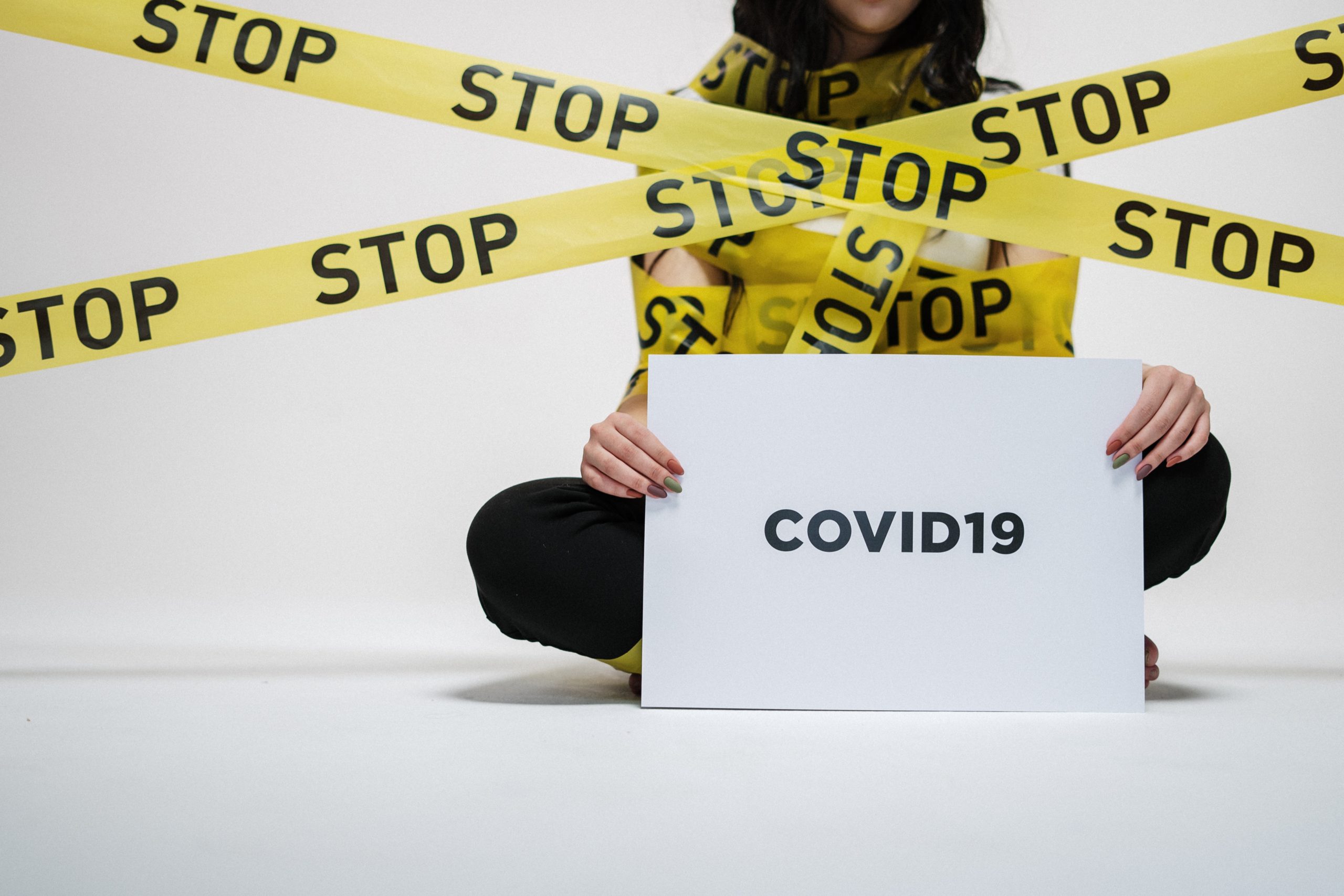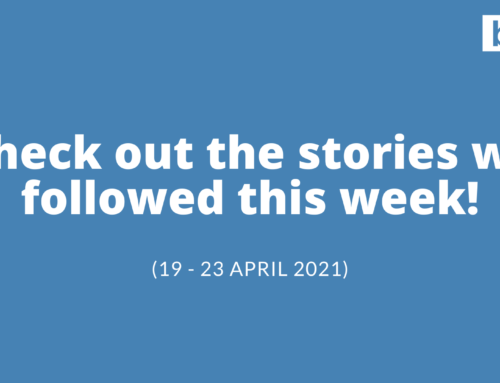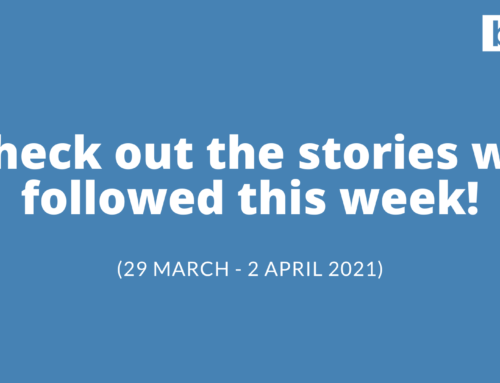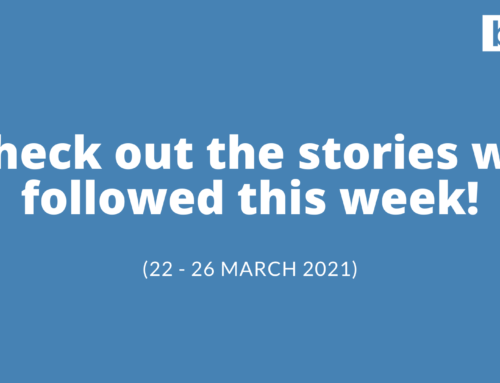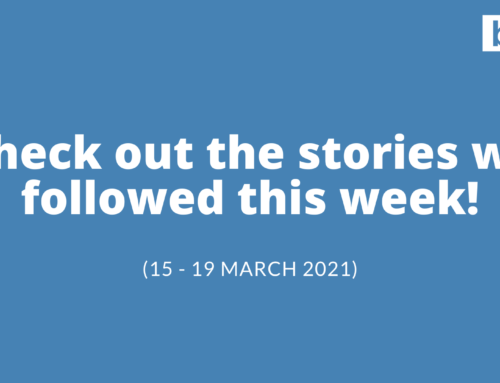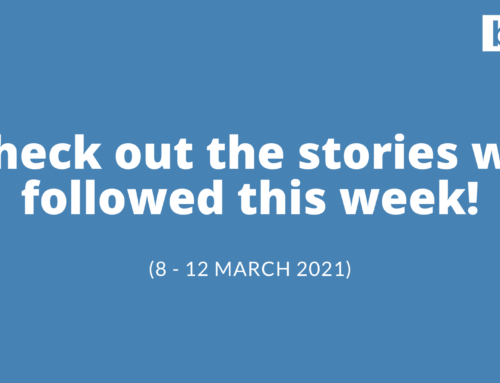Since emerging in China in January, Covid-19 has spread to 213 countries & territories, infecting 5.69 million people worldwide.
Over the last 5 months, Covid responses (and success rates) have varied greatly, with most major countries using a mix of conventional person-to-person contact tracing and data-gathering apps.
Current State of Contact Tracing Apps Globally
- 23 countries have launched a total of 43 “official” contact-tracing apps
- 15 of them have unknown data models, while 20 have centralised data capture, and 8 are decentralised
- While the precise percent varies by location and population density, in general contact tracing apps need widespread usage (ie. ≥60%) in a given population to effectively slow an outbreak to the necessary threshold of ≤1 new infection per infected person
- Privacy concerns and lack of public trust in many government institutions worldwide are major barriers to widespread public acceptance of many contact tracing apps
Pros and Cons of Contact Tracing Apps
Pros
- Ideally apps are less prone to error than conventional contact tracing
- App-based contact tracing can be scaled much faster than human resource-intensive contact tracing
- Data sets can be instantly extrapolated and shared across international agencies and within governments
Cons
- There is no unified standard app or SOPs globally, or even regionally in blocks like the EU, reducing any app’s utility in a block where countries adopt different standards
- Widespread efficacy remains unproven and results vary greatly on a case-by-case basis between governments; which is further complicated by questions of accurate reporting
- Privacy advocates have raised serious concerns about unnecessary tracing functions (e.g user movement, tracking spending, etc.)
- Other major questions include, how long apps should run and what happens to user data after Covid is finished?
SINGAPORE
Despite low early numbers in March, Covid cases spiked with increased testing of Singapore’s large foreign worker population in late April, and remain at hundreds of cases per day.
Current Situation
- Population: 5.3 million
- Covid Cases: 32,876 as of 28 May 2020
Singapore currently has 1 main contact tracing app:
Trace Together
- Type: Contact Tracing
- Creator: Singapore’s Ministry of Health, and Government Technology Agency
- Usage: Voluntary
What About the Data?
The only data stored is the user’s phone number, and the app requires user consent to communicate with other nearby devices for a limited time only via Bluetooth. With it prompting users to disable the app once its tracing is complete.
CHINA
China’s massive quarantine measures saw over 500 million people impacted by various lockdowns from mid-February. Things have eased since, but 108 million people are now back in lockdown following a recent surge in infections in Jilin province.
Current Situation
- Population: 1.39 billion
- Covid Cases: 82,995 as of 28 May 2020
China has various QR “health codes” linked to WeChat and Alipay:
Health Codes
- Type: Contact Tracing, Activity/Movement Monitoring, Predictive Modelling
- Creator: Various Chinese Government Agencies and 3rd Parties
- Usage: Voluntary but de facto mandatory in most cases
What About the Data?
Capturing data on movement and spending, health codes were initially widely accepted, until last week when the city of Hangzhou proposed permanently assigning citizens health scores from 0-100, based on lifestyle, eating habits, etc. Resulting in a vocal backlash by netizens on Weibo, who were largely on board with the initial rationale for tracking (ie. to reopen the economy), but regard the newly proposed measures as too invasive.
INDIA
The country’s nationwide lockdown was announce with only hours notice given to citizens in March, immediately displacing millions of migrant workers and resulting in huge economic and social dislocation.
Current Situation
- Population: 1.35 billion
- Covid Cases: 158,333 as of 28 May 2020
India currently has 1 main contact tracing app:
Aarogya Setu
- Type: Contact Tracing
- Creator: India’s National Informatics Centre
- Usage: Mandatory
What About the Data?
While confusion remains if Aarogya Setu is mandatory in all instances (eg. for passengers boarding India’s newly relaunched domestic airline flights from this week), India’s currently the only democracy in the world mandating what’s effectively de facto use of a tracking app, with activists raising major questions about privacy, user data, and unnecessarily tracking user movements.
GERMANY
Germany has managed Covid relatively well compared with many other EU members like France, Italy, and Spain. Largely due to its proactive, early response leveraging on its strong healthcare system which already had widespread public trust before the pandemic.
Current Situation
- Population: 83.02 million
- Covid Cases: 181,895 as of 28 May 2020
Germany is implementing a dual-strategy of physical contact tracers in tandem with tracing apps:
ito
- Type: Contact Tracing
- Creator: Non-governmental third party
- Usage: Voluntary
What About the Data?
Germany’s approach emphasises user privacy – with tracing apps like ito utilising only user pseudonyms, while its person-to-person contact tracing complies with the EU’s overarching privacy and data protection laws.
USA
Since its first cases in January, the US was slow to react with no national lockdown put in place, and individual states instituting their own local restrictions. Some of which were relatively lax, such as in Georgia, and others which were similar to more strict lockdowns seen overseas in countries like Italy or Spain, such as in New York State. And all of which are now in the process of being lifted, as the federal government pushes to reopen the economy.
Current Situation
- Population: 328 million
- Covid Cases: 1.735 million as of 28 May 2020
The US has no nationwide app. While some states are using their own apps, such as Utah’s Healthy Together, most states are opting to simply hire contact tracers.
US x Contact Tracing
- Experts estimate the US will need a minimum of 30 contact tracers per 100,000 people, or roughly 98,000 contact tracers nationwide
- Only 7 of 50 states even have hiring plans in place that would allow them to reach that target, with only North Dakota currently on track for its hiring numbers
- There’s growing bi-partisan support for a national programme, which would see the US hire 180,000 contact tracers nationally, at an estimated cost of US$12 billion
BRAZIL
Controversially decried by President Bolsonaro as just “a little flu”, since its first case on 26 February, Brazil has surged to second globally in Covid cases. With the subsequent strain on healthcare resources in major cities like São Paulo becoming critical, and battering Brazil’s already struggling economy.
Current Situation
- Population: 212 million
- Covid Cases: 414,661 as of 28 May 2020
Brazil’s Mininstry of Health has its own app, but local apps are reaching more users in major cities like Rio, as well as regionally through initiatives such as Monitora-Covid-19 in northeast Brazil:
Coronavirus-SUS
- Type: Information/Official Updates to the Public
- Creator: Brazil’s Ministry of Health
- Usage: Voluntary
Brazil x Contact Tracing
Brazil has had a fragmented response, with two successive health ministers resigning since March over disputes with the President, while on Tuesday, Federal Police raided the Rio de Janeiro State governor’s residence amidst Covid-related corruption allegations, which the Governor claims are politically motivated due to his stance on the Rio’s Covid outbreak.

